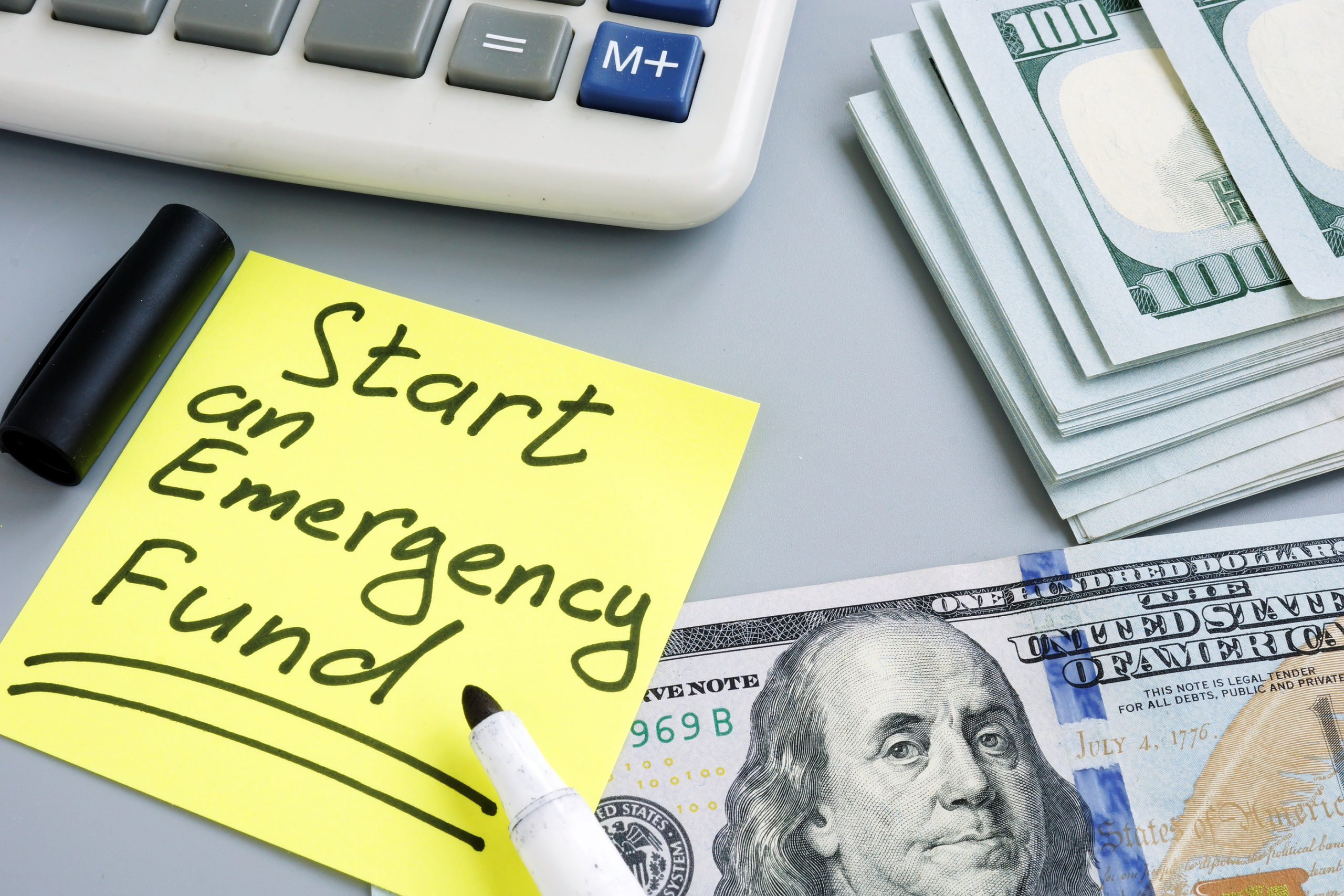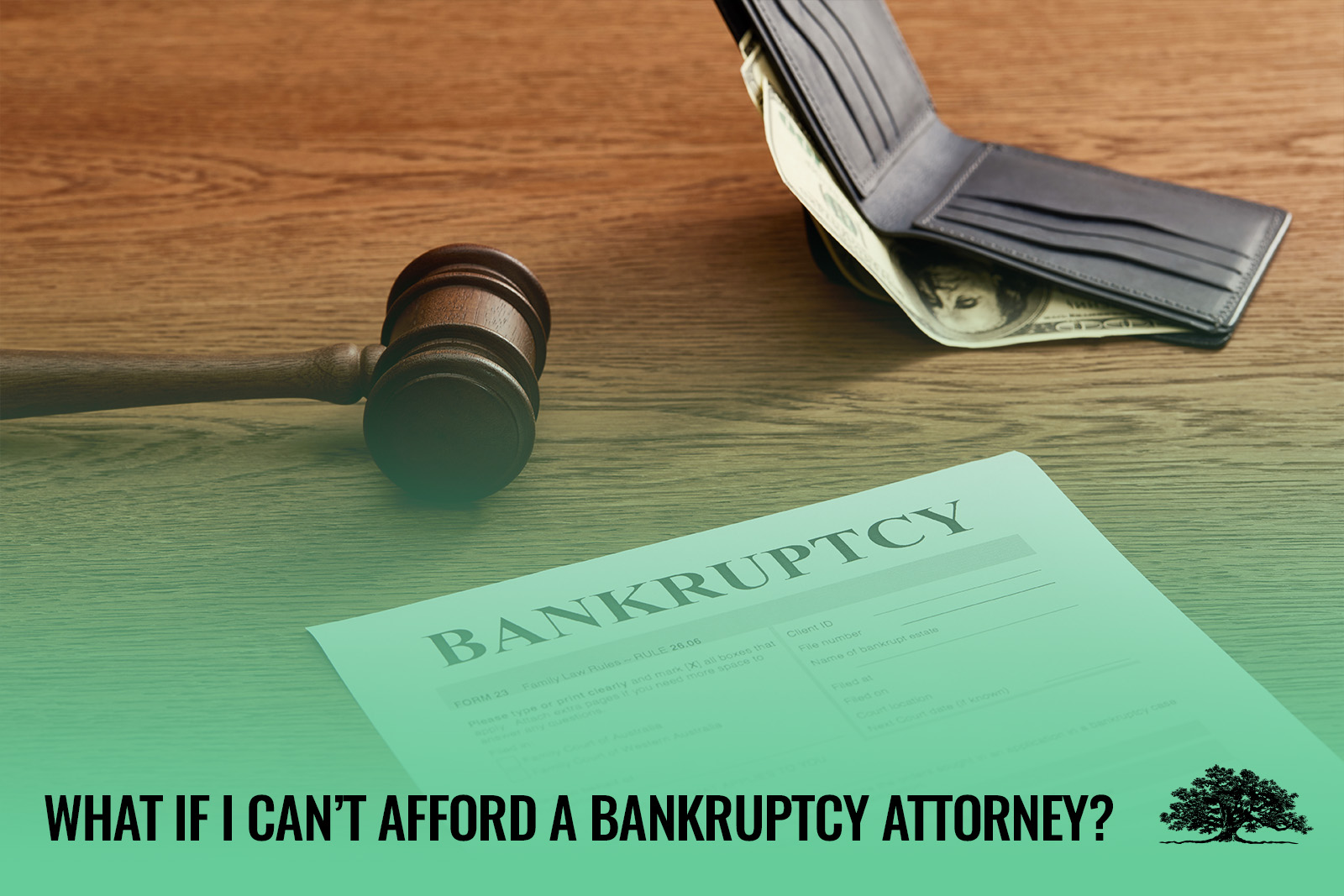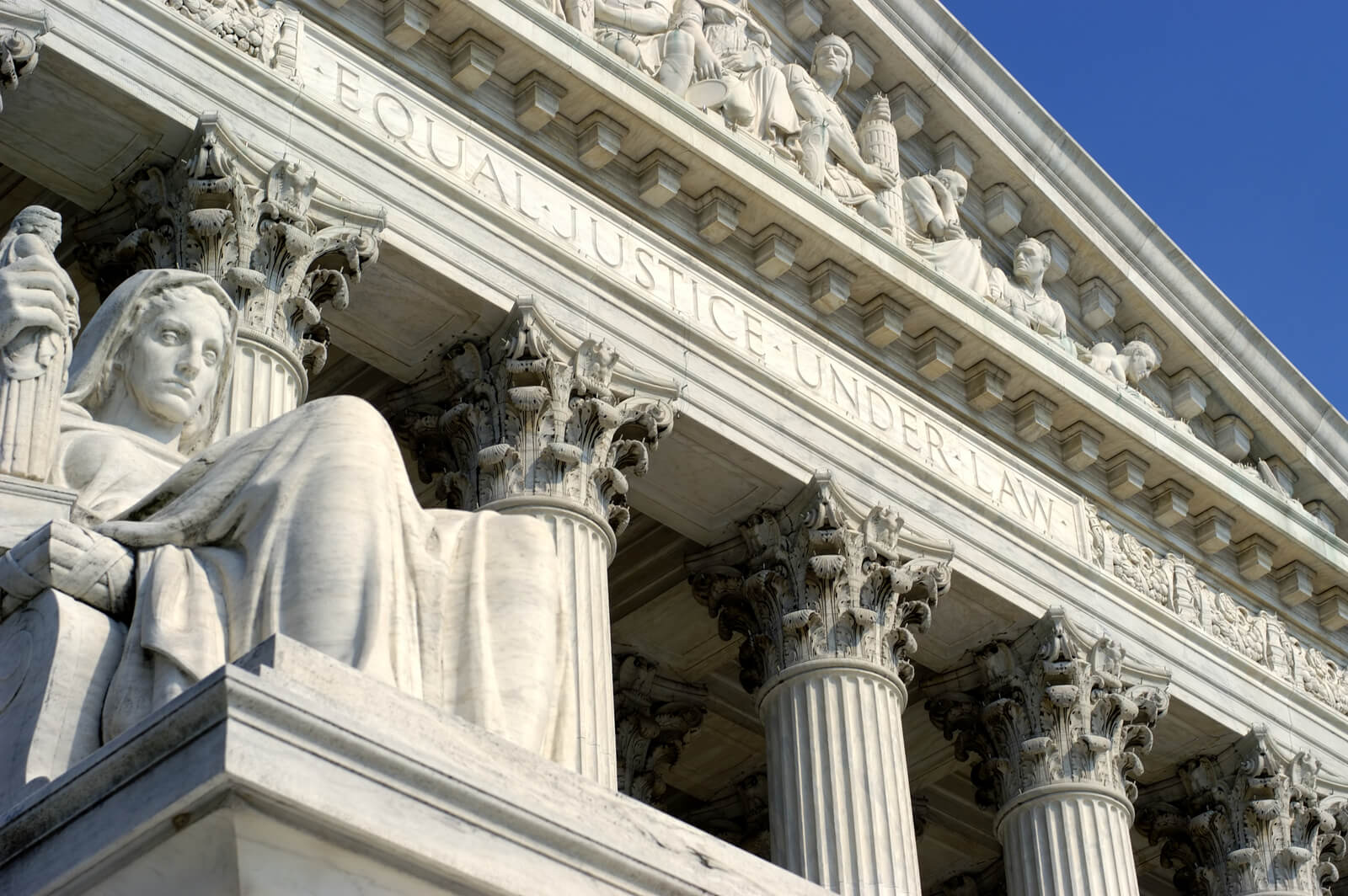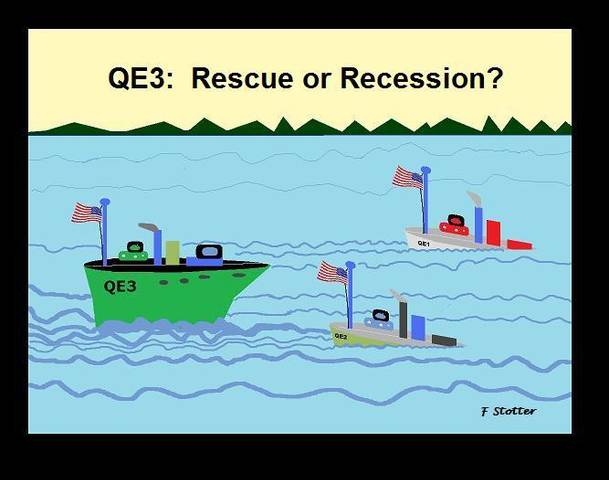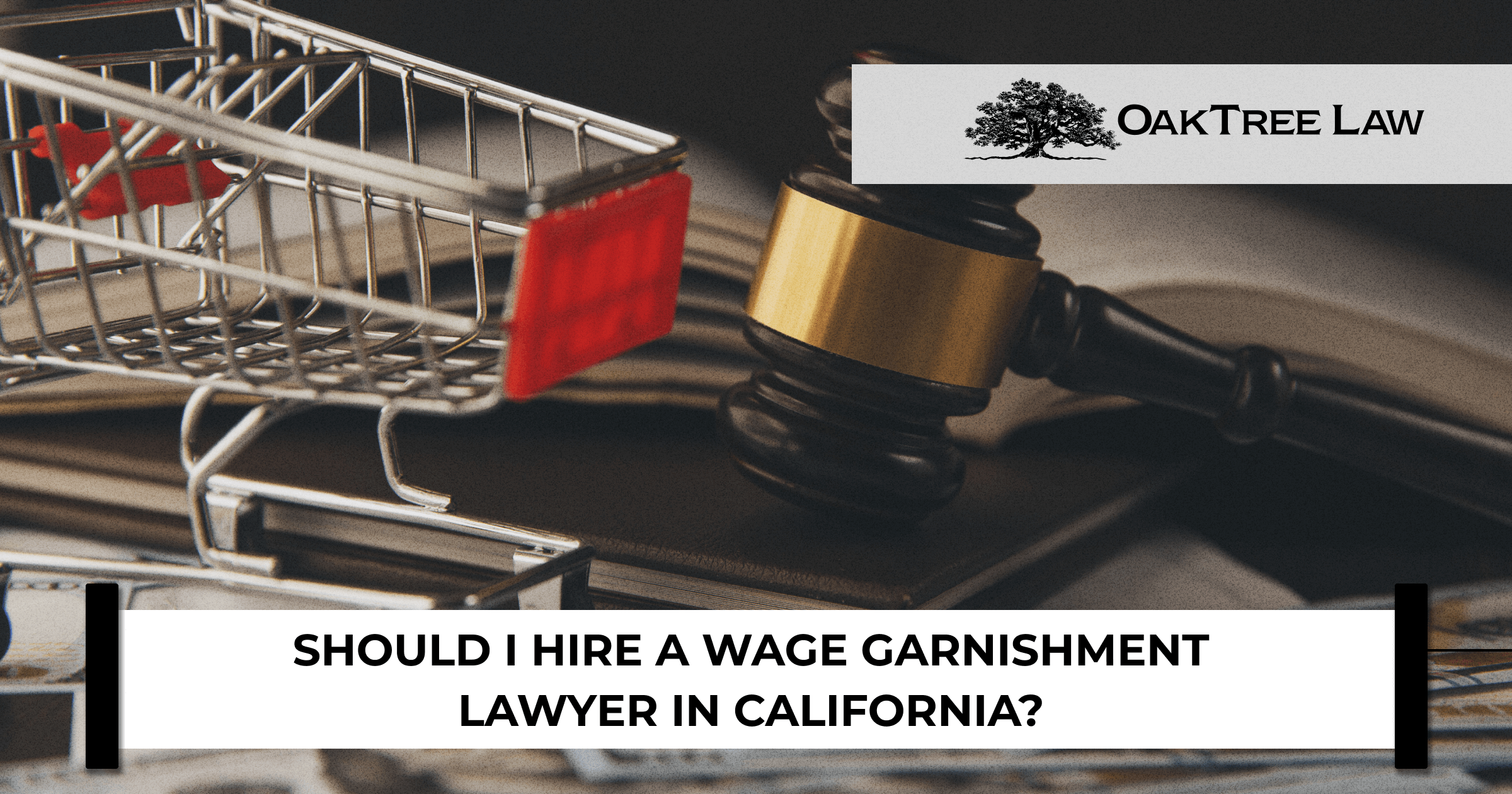With the economy arguably in a slump and unemployment at an all-time high, Americans are having to make adjustments to their financial plan to see them through these uncertain times. CNBC reports that over 40% of Americans are unable to afford an unexpected event or emergency that exceeds $1,000. Those statistics should make everyone take pause and shift their mindset to put more time and energy into attaining financial stability.
If you have been financially impacted by the continued scourge of COVID-19 and have found yourself in a jam, you may want to consider taking steps to pour any extra funds into a savings account that is strictly used for emergencies of this nature. Having an emergency fund set up can literally be the difference between survival and being destitute in times of catastrophic events or economic unrest.
Setting up an Emergency Fund
Assembling an emergency fund can protect you in the short term and long term if you are faced with unforeseen hardships or difficult circumstances. Having emergency funds in place can even help you avoid foreclosure or bankruptcy during an economic crash or if you become unemployed for an extended period of time.
Most of us have grown accustomed to being able to budget our lives accordingly, never really thinking about having to prepare for unexpected catastrophes. If there is one thing that the novel coronavirus has taught us, it’s that we should always plan for the unexpected. If financial planning isn’t your strong suit and you don’t know where to begin, we’re here to help.
What is an Emergency Fund?
As the name suggests, an emergency fund is a savings account that acts as an added security measure when the unexpected happens. Unforeseen hardships such as loss of employment, divorce, or debilitating medical issues all fall under the ‘disaster fund’ umbrella. Having an emergency fund in place creates a safety net that will allow you to navigate financial hardships without having to take out high-interest loans, go into debt, or tap into retirement funds.
How Much Should You Save in Your Emergency Fund?
How much you decide to put in your emergency fund will depend on your income, lifestyle, and the size of your family and their daily needs. First, you’ll need to sit down and assess what your monthly expenses are and then plan to set aside 3-6 months’ worth of emergency funds. Don’t get overwhelmed. The trick to creating an emergency fund is to build it incrementally. Squirrel away a small amount every week to work your way up to a set goal. You can adjust the amount depending on your financial obligations and monthly expenses.
Where Do You Keep Your Emergency Fund?
Two of the most important things to remember when setting up your emergency fund is that the monies need to be easily accessible and separate from your long-term savings account. Popular options include a high yield savings account or a money market account. High yield accounts allow you to earn a little bit of interest and typically won’t penalize you for withdrawing your funds when you need them. It is also advised that you consider keeping your emergency funds at an entirely separate bank from your checking and savings account so that you won’t be tempted to pilfer it for daily expenses.
How to Build an Emergency Fund?
Get started right away if you haven’t already. Remember that setting up an emergency fund shouldn’t put you in an uncomfortable financial spot in the present, so start early and think small at first. It’s all about building up a healthy financial buffer for when an emergency strikes. Electronic withdrawals are great for setting up an emergency fund. Set the withdrawals to take a small portion out of your bi-weekly paycheck and save it in a separate account. Another popular way to give your emergency fund a generous jolt is to use your tax refund. Getting rid of unnecessary subscriptions is another great way to free up extra funds. There are apps that you can download that allow you to view all of your subscriptions and find out which ones you no longer use.
HAVE QUESTIONS ABOUT FINANCIAL PLANNING? CONTACT OAKTREE LAW TODAY!
OakTree Law is open for business during the COVID-19 crisis. If you’re in need of an experienced estate planning attorney that can help you organize your financial future, and #QuarantineLife has left you in limbo, reach out to us now. We’ll help you properly create an emergency fund and retirement plan so you can be financially fit for the unforeseeable future. We are here to serve you. Call us at 888-219-0654 for a free phone consultation today!
